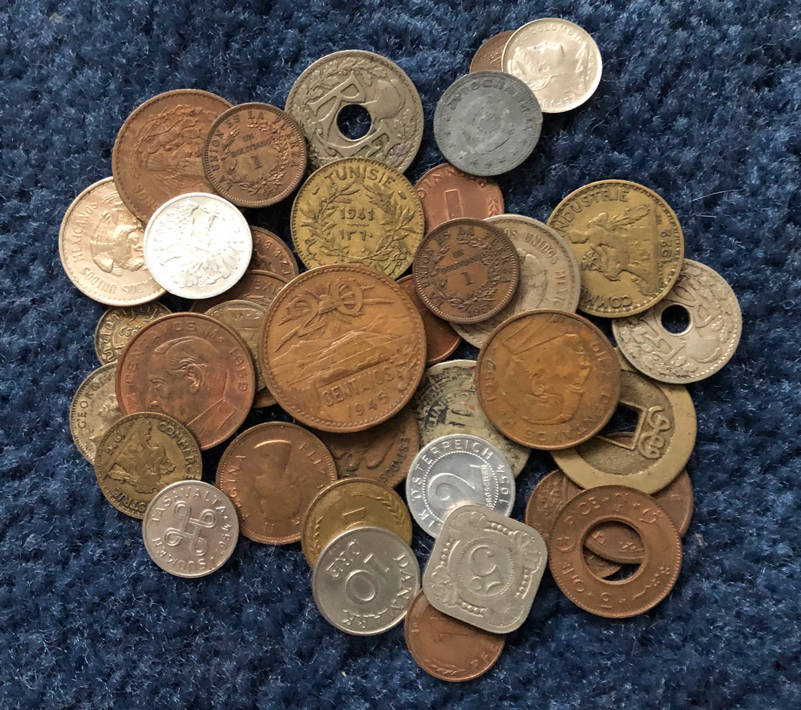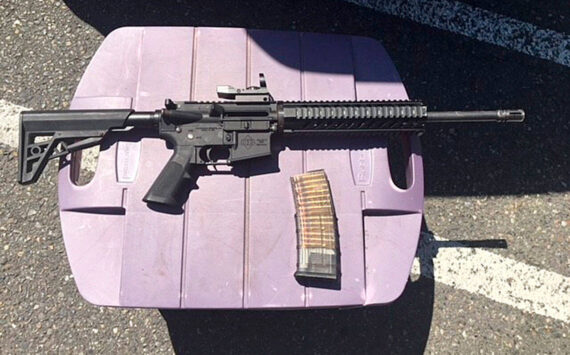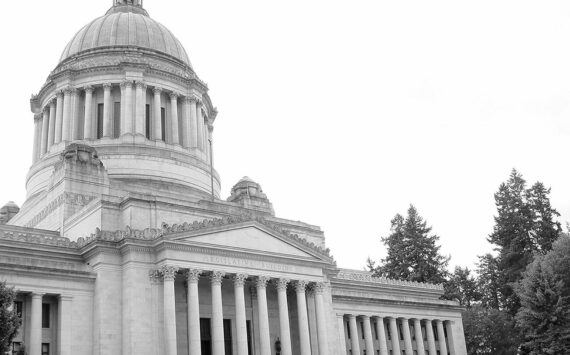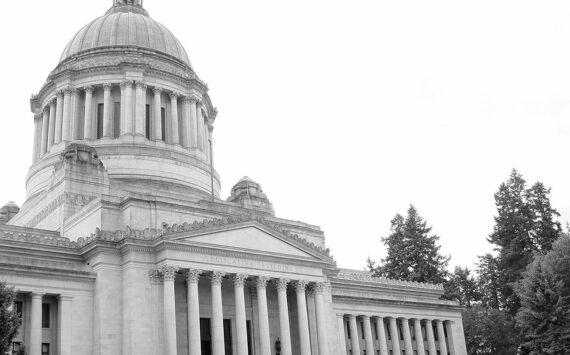By Morf Morford
Tacoma Daily Index
There’s an old saying that the best way to make a small fortune is to start with a large one.
In many ways the more you have, the more you have to lose.
Poor people, on a practical level, just don’t have that much to lose.
If you’ve seen the film Crazy rich Asians, picture Hong Kong’s richest family, the Kwoks, who lost 8 billion dollars in12 months. (https://www.businessinsider.com/hong-kong-billionaire-kwok-family-lost-8-billion-in-year-2020-8?)
The Kwok brothers inherited their $30 billion business from Sun Hung Kai Properties, the real-estate developer founded by their late father. The Kwoks are Asia’s second-richest family and the richest family in Hong Kong, with a collective net worth of $38 billion (in 2019), according to Bloomberg.
Hong Kong, as we all know, had protests long before major cities in the US.
And, as we all know, protests, to put it mildly, are bad for business.
But who would have imagined that it would be THAT bad?
Hong Kong, like every center of opportunity, attracts diligent, determined and creative entrepreneurs. It also attracted, as areas of opportunity always do, hustlers, scammers and, in the case of the Kwok family, crime, accusations of bribery and kidnapping.
But somehow this family, literally one of the richest in the world, lost $8 billion in one year.
For a little perspective, there are 1,440 minutes in one day, 525,600 minutes in a typical 365-day year. A decade holds ten times that number – about 5.25 million minutes – and a century holds ten times that number – a little over 50 million minutes.
Ten times that number, a millennium holds a bit over 500 million minutes – which is slightly more than half of one billion.
To lose $8 billion dollars in one year would be to lose just short of $22 million each day – and yes, that works out to about a million dollars an hour – on a 24-hour day, for seven days a week.
You’d think that kind of financial drain would raise some red flags – and I’m sure it did.
As in every time of collapse or impending disaster, those with the means plan their escape. Many ultrawealthy Hong Kongers are expected to attempt to emigrate from the city in the coming months, and one enterprising real-estate developer even has a development in the works in the Irish countryside to house the financial refugees – about 50,000 of them (https://www.businessinsider.com/hong-kong-real-estate-tycoon-wants-new-city-in-ireland-2020-7.).
You may have noticed a principle that I have seen many times in an organization under duress – the best, brightest and most motivated tend to be the first to leave.
The same with a nation or city or even any industry.
Mass migrations have multiple economic and cultural repercussions that can last for generations.
The Irish migrations of the 19th Century changed the face of Ireland – and North America – forever.
Could any of us even begin to imagine the impact of a new (and obviously wealthy) city of 50,000 in Ireland? For one thing, it would be (easily) in the top ten of cities based on population – and almost certainly the wealthiest per capita.
Money has been described as “green energy” – and money on that scale washes over an economy like a tsunami, and on the opposite side, is a massive vacuum of value and opportunity.
No nation, or even industry, wants its brightest and best to leave. Laws regarding money, travel and immigration tend to become more extreme – if not Draconian. Which might limit – after it motivates – departures.
But the historical reality is that people, and resources, are always on the move.
The best policy, again, fairly obvious when you look at history, is not to restrict, but to welcome investment and entrepreneurial activity.
Fortunes are made and lost between the lines, parallel to market trends, but often not visible to most of us.
There are sub-currents, even rip-tides, in every economic climate. Hazards and opportunities are everywhere.
With thousand-point swings in the stock market, currency devaluations, record claims for unemployment, increasing racial tensions, and yes, that pesky, unrelenting pandemic, the standard economic rules and assumptions are in flux – if not free-fall.
As in other eras of transition, opportunities are there for those with the vision to see them and the resources – or courage – to seize them.
To put it mildly, the times are changing.
The stakes are high; rumors, ideas and yes, even diseases, go viral.
The pace and depth of change defies description.
Just a few examples –
Will there be a flood of evictions as renters miss payments?
Will Zoom be a fond (or not-so-fond) memory? Or will it be embraced and integrated in business on a regular basis?
Will any of us travel as much as we did before COVID?
Will go back to large concerts and conventions? Or will we abandon them entirely?
Will we be willing to commute as much as we used to?
Will we use cash again?
Will ordering online become our primary means of shopping?
Will the housing market shift as people downsize/abandon city centers, move to or away from suburbs and small towns?
What will schools look like a year from now?
What will higher education look like?
Will small – especially private – colleges survive?
Money, and many of us are, or soon will be, on the move as never before.
Those who can sift through and make sense of where we are and where we are going will do well.
Many of us will flounder and wonder what hit us.
The one thing we know for sure is that almost nothing will be as it was.





